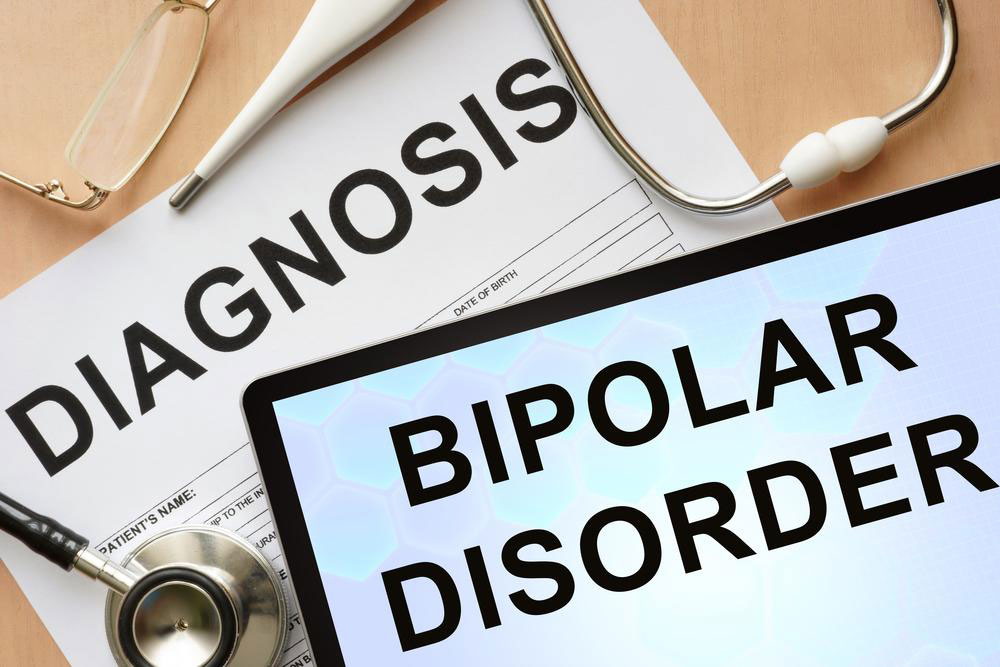Comprehensive Strategies for Managing and Overcoming Schizophrenia
Schizophrenia is a complex mental health disorder requiring personalized and comprehensive management strategies. Early detection, medication, psychotherapy, lifestyle changes, and ongoing support are vital for improving quality of life. This guide explores effective approaches to managing, treating, and overcoming the challenges posed by schizophrenia, emphasizing the importance of professional healthcare and social support systems in achieving better outcomes.

Schizophrenia is a multifaceted and chronic mental health disorder that profoundly influences an individual's emotional stability, thought processes, decision-making capabilities, and social interactions. This complex condition presents a wide spectrum of symptoms that vary considerably from person to person, necessitating personalized and carefully tailored treatment strategies to achieve the best possible outcomes. Early detection and proactive intervention are critical factors that can significantly improve long-term prognosis, reduce the severity of symptoms, and enhance the overall quality of life for those affected.
Understanding the common signs and symptoms of schizophrenia is essential for timely diagnosis and effective management. Individuals may experience hallucinations—most often auditory, such as hearing voices—that can be distressing and disruptive. Delusions, which are firmly held false beliefs despite evidence to the contrary, are also prevalent. Additional symptoms include disorganized speech, erratic or unpredictable behavior, paranoia, social withdrawal, and a noticeable lack of motivation or emotional expression. Recognizing these signs early can help caregivers and loved ones seek professional help promptly, which is vital for successful treatment.
Effective management of schizophrenia involves a comprehensive approach that combines medication, psychotherapy, social support, and lifestyle adjustments. Pharmacological treatment remains the mainstay, with antipsychotic medications helping to control hallucinations and delusions. However, medication alone is often insufficient; ongoing psychotherapy plays a crucial role in helping individuals understand and cope with their condition. Cognitive-behavioral therapy (CBT) is particularly effective in addressing distorted thought patterns and reducing symptoms, while supportive therapies aim to improve social skills and functioning.
Avoiding self-medication using over-the-counter drugs or illicit substances is vital, as these can interact negatively with prescribed medications or exacerbate symptoms. Professional healthcare providers can assess the severity of the condition and recommend tailored treatment plans, which may include advanced treatments like electroconvulsive therapy (ECT) for severe cases. ECT can be a valuable option for individuals who do not respond well to medication or have urgent, severe symptoms. Additionally, newer techniques such as transcranial magnetic stimulation (TMS) are emerging as adjunct treatments.
Support systems are integral to managing schizophrenia. Family education and involvement can help create a stable environment and reduce stress that might trigger episodes. Community resources, support groups, and vocational training programs also play a significant role in fostering independence and improving social integration. Regular follow-ups with mental health professionals ensure treatment adherence and allow adjustments based on the patient's evolving needs.
Beyond medication and therapy, lifestyle modifications can substantially enhance treatment effectiveness. Maintaining a balanced diet, engaging in regular physical activity, avoiding alcohol or recreational drugs, and practicing stress reduction techniques contribute to overall mental well-being. Patients are encouraged to develop routines that promote stability and promote mental health resilience.
Overcoming the challenges associated with schizophrenia is a continuous journey that requires patience, support, and comprehensive care. Advances in neuroscience and psychiatric treatment are continually improving the efficacy of interventions. With early diagnosis and a multidisciplinary approach, individuals living with schizophrenia can lead fulfilling lives, manage their symptoms effectively, and integrate successfully into their communities.





